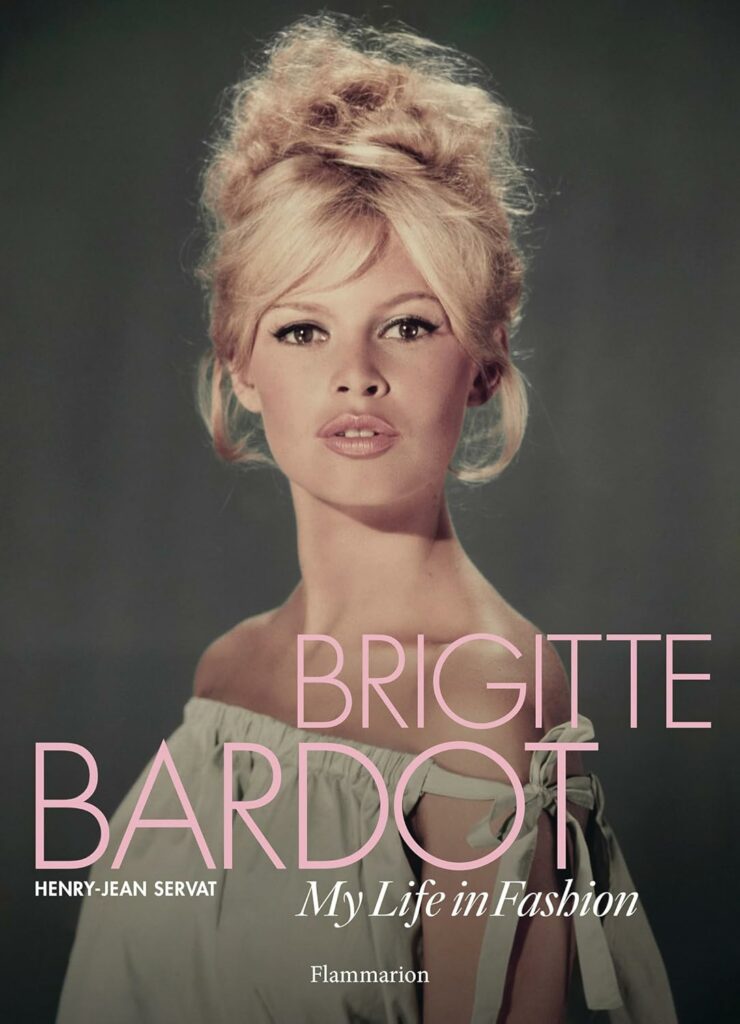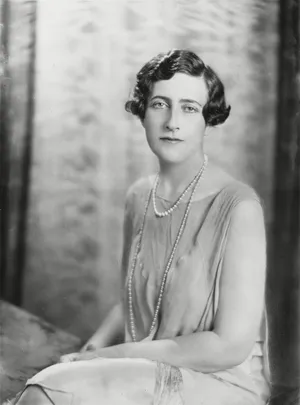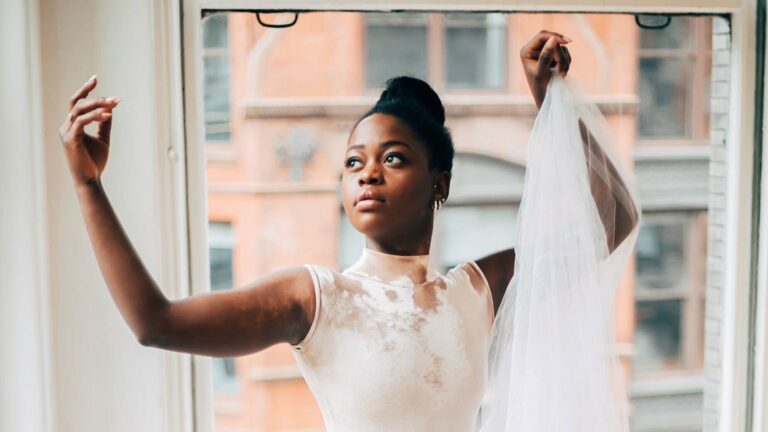Brigitte Bardot at 90- Every Role on Screen Challenged Women’s Role in Society
At 90, Brigitte Bardot stands as an icon who challenged not only her status quo but women's role in today's society. Every role on screen portrayed women who were free-spirited, confident and unafraid to defy social norms.
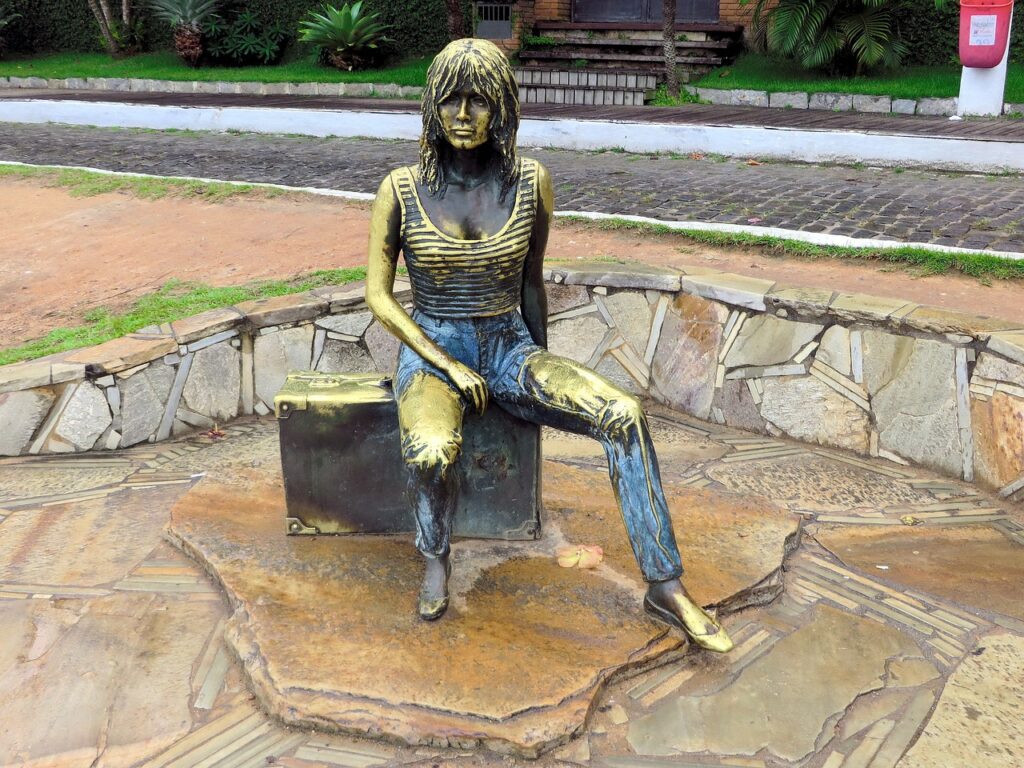
Married four times with a son, Brigitte Bardot has admitted she should not have been a mother. Controversial and fascinating, her roles on screen did more than captivate generations of fans or leading fashion revolutions throughout her career—it had a profound impact on how women saw themselves and their place in society.
Through the roles she played, Bardot challenged the traditional, confined portrayals of women, embracing her shameless authenticity and sensuality in ways that were revolutionary for the time. She portrayed women who were free-spirited, confident and unafraid to defy social norms, which sparked conversations about women’s rights and their autonomy both in cinema and in real life.
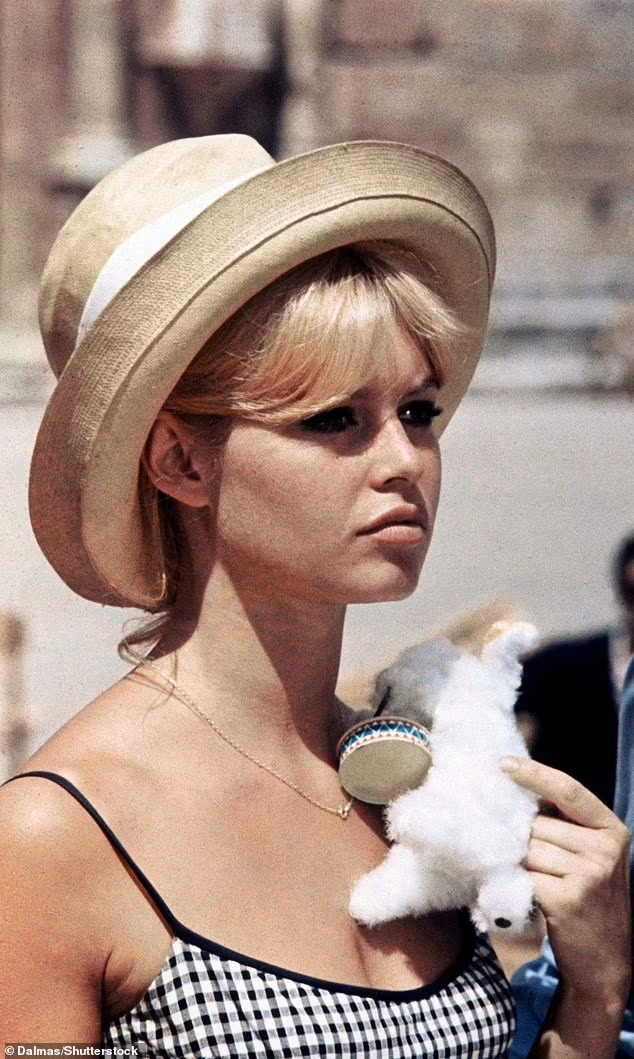
These bold, often controversial roles became a reflection of Bardot herself, and the strength she displayed on screen translated into her off-screen life as well. She became a voice for change, using her platform to address broader issues of women’s empowerment and independence. Her on-screen characters paved the way for her to challenge societal expectations of women, making her not just a film star, but a symbol of defiance and transformation in the fight for women’s rights.
Through her work, Bardot helped redefine what it meant to be a woman—free, powerful and unapologetically authentic.
Brigitte Bardot was born in Paris in 1934, during an era when French cinema was on the cusp of global prominence. From a young age, she was immersed in the world of fashion, ballet, and the arts, which would ultimately shape her unique presence. Her breakthrough came in 1956 with And God Created Woman, directed by her then-husband Roger Vadim. Bardot, then only 22, portrayed the sexually liberated Juliette, igniting international fascination and controversy.
She became the embodiment of post-war sensuality, challenging conservative norms of female behaviour and blazing a trail for future generations of women in cinema.
Bardot’s effortless beauty, tousled blonde hair and magnetic screen presence captured us since the 1960s, making her a global sensation. Films like La Vérité (1960), Contempt (1963) and Viva Maria! (1965) cemented her status as one of the leading actresses of her time. For Bardot, fame came with a price. She was never entirely comfortable with the immense public scrutiny, famously stating, “I gave my youth and my beauty to men. I am going to give my wisdom and experience to animals.”
By the early 1970s, Bardot had retired from acting, dissatisfied with the relentless media attention and the superficiality of the film industry. While many were shocked by her decision to leave the limelight at just 39, this was the beginning of a profound transformation in her life. She turned her back on celebrity culture and began channelling her energy into a cause that had long been dear to her heart: animal rights.
In 1973, Bardot founded the Brigitte Bardot Foundation for the Welfare and Protection of Animals, using her fame and influence to raise awareness about the plight of animals worldwide. From campaigns against seal hunting and bullfighting to advocating for stronger laws against animal cruelty, she became an outspoken and often polarising figure. Unafraid to challenge governments and institutions, Bardot’s advocacy has had a lasting impact, influencing animal welfare legislation across Europe.
Her transition from film star to activist was met with scepticism by some, but Bardot’s unwavering commitment proved her critics wrong. Over the past five decades, she has poured her energy into rescuing, rehabilitating, and protecting animals, often sacrificing her wealth and privacy to fund her foundation’s initiatives. While she may have stepped away from the movie camera, Bardot never lost her ability to captivate audiences—only this time, her message was one of compassion, protection, and activism.
Bardot’s outspoken nature has not always been without controversy. In recent decades, her forthright views on immigration, race, and culture have attracted significant criticism. While she continues to be a beloved figure in the world of animal rights, her remarks on political and social issues have alienated some of her former admirers. Nevertheless, Bardot has remained unapologetically herself—fiercely independent, unfiltered, and determined to speak her mind, regardless of the consequences.
Despite these controversies, Bardot’s cultural significance is undeniable. She represents a complex, multifaceted figure—both adored and criticised, revered and misunderstood. Her legacy is not just about beauty or fame, but about a woman who dared to define herself on her own terms.
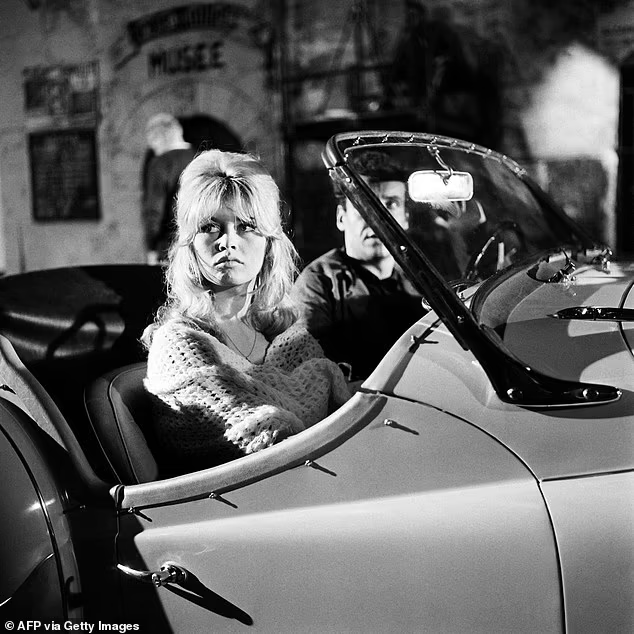
As Bardot celebrates her 90th birthday, she remains a symbol of defiance and independence. Her influence can be seen in contemporary culture, from fashion to film, where her effortlessly chic style—striped tops, tousled hair, and natural makeup—continues to inspire. Icons like Kate Moss and countless others have channeled Bardot’s look, keeping her timeless appeal alive.
Beyond fashion, Bardot’s impact on gender and sexuality in cinema remains profound. She was a pioneer of female sexual liberation on screen, portraying women who were unashamed of their desires and agency. Her roles challenged patriarchal ideals, laying the groundwork for the complex portrayals of women that we see in today’s films.
Bardot’s work for animal rights has left an indelible mark on society. Her foundation continues to operate with great success, and she has been a leading voice in bringing attention to the ethical treatment of animals. Even as she withdraws from public life, her legacy in this area will endure for generations to come.
At 90, Brigitte Bardot is a living icon who survived the trappings of fame to become a tireless advocate for the causes she holds dear. Her journey from silver-screen siren to passionate activist is a testament to her strength, resilience and deep compassion. While her life has not been without its complex controversies, her commitment to living authentically and following her convictions has made her one of the most fascinating and influential figures of the 20th and 21st centuries.
As we celebrate her 90th anniversary, we honour not just the Brigitte Bardot of the past—forever immortalised in films—but the Brigitte Bardot of today, who reminds us that true beauty lies in the courage to be yourself.
Do you want to share your story and inspire our readers ? Know that YOUR EXPERTISE is paving the way for a fairer, happier society.


